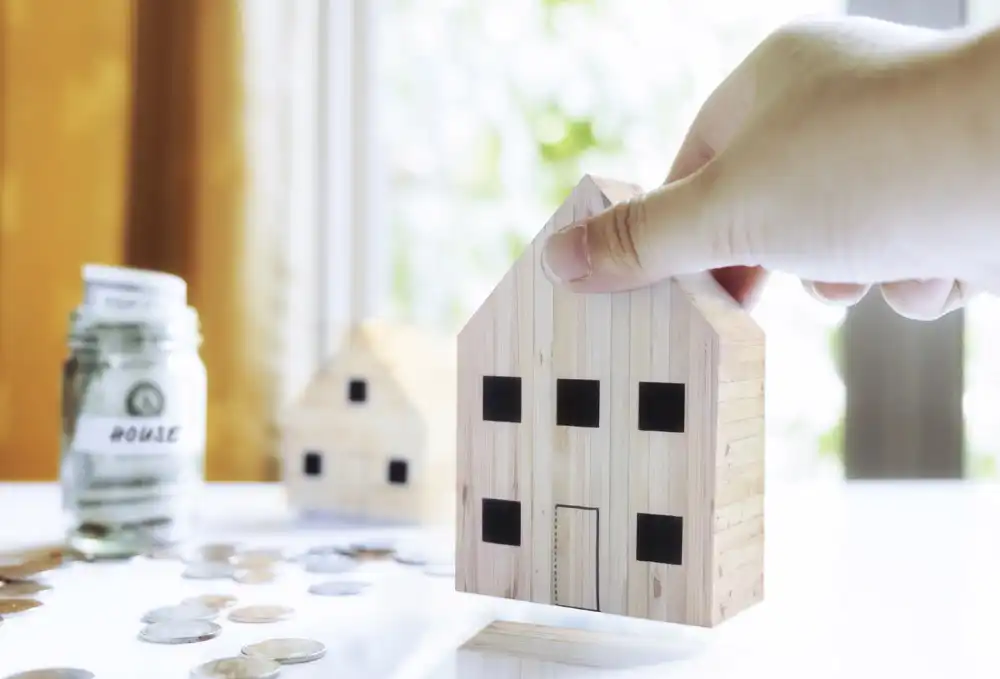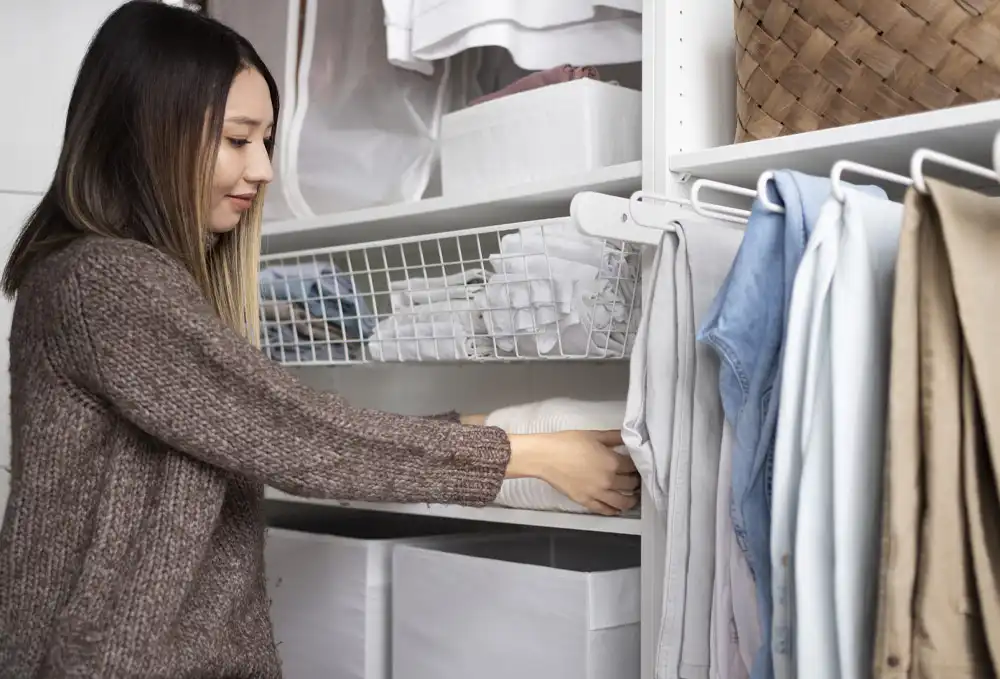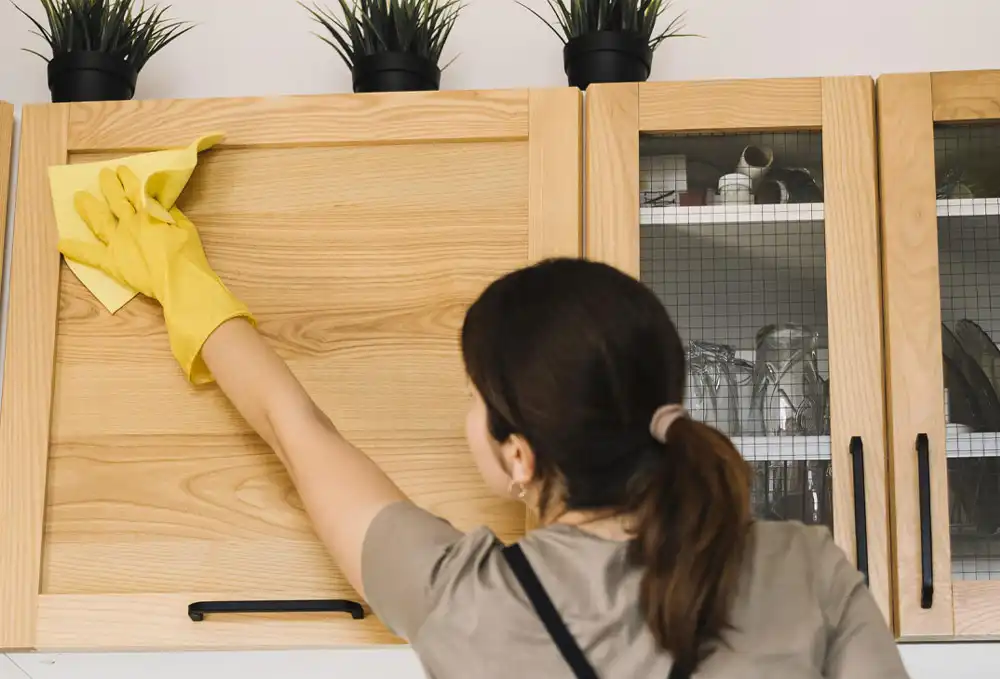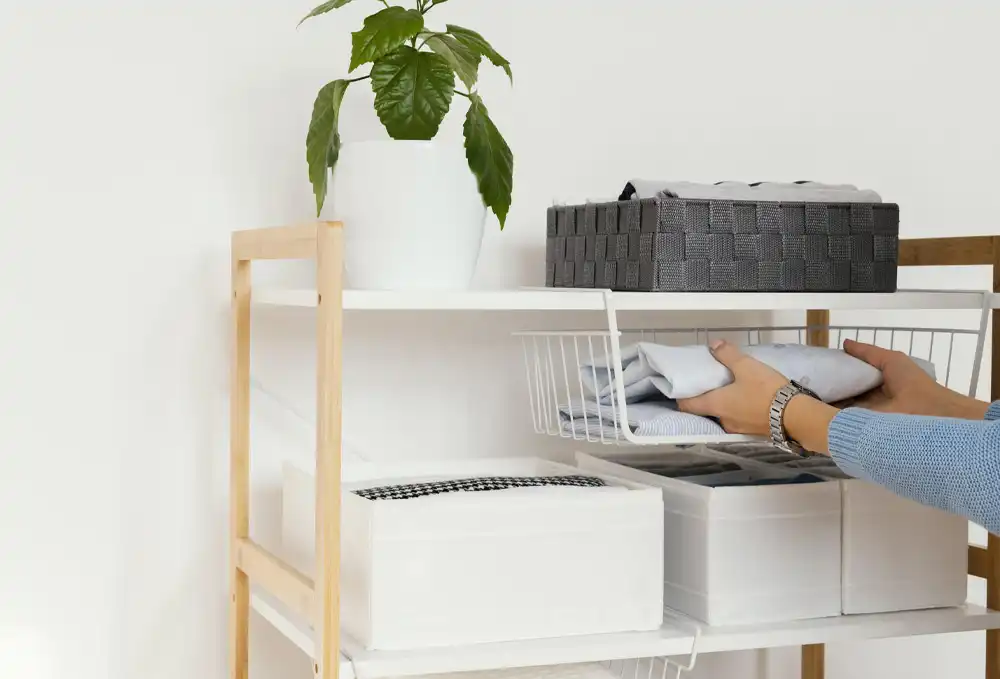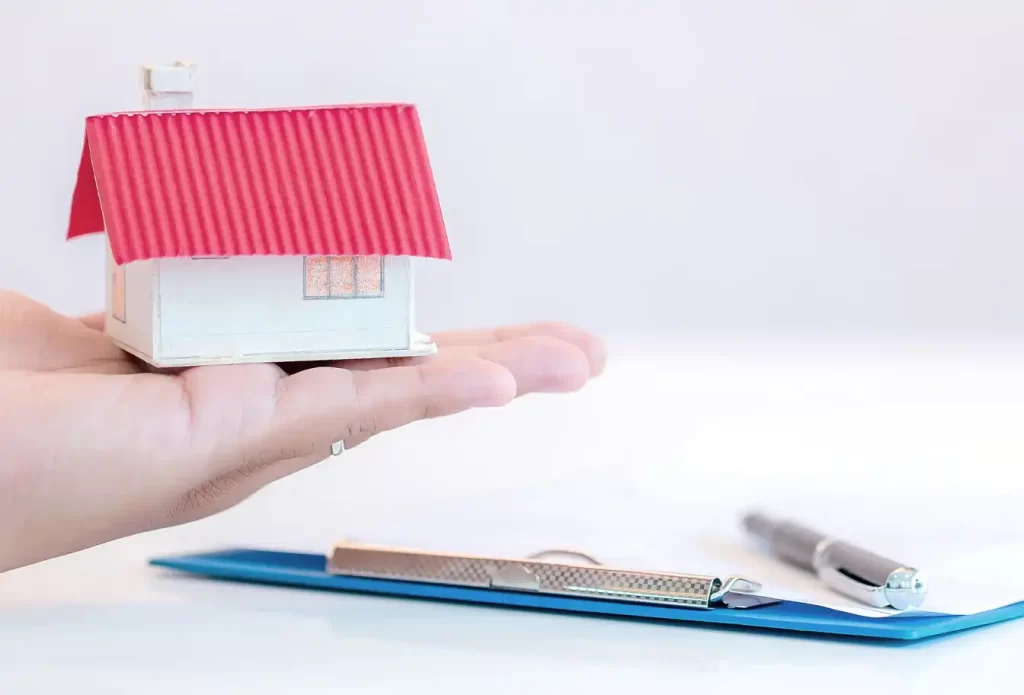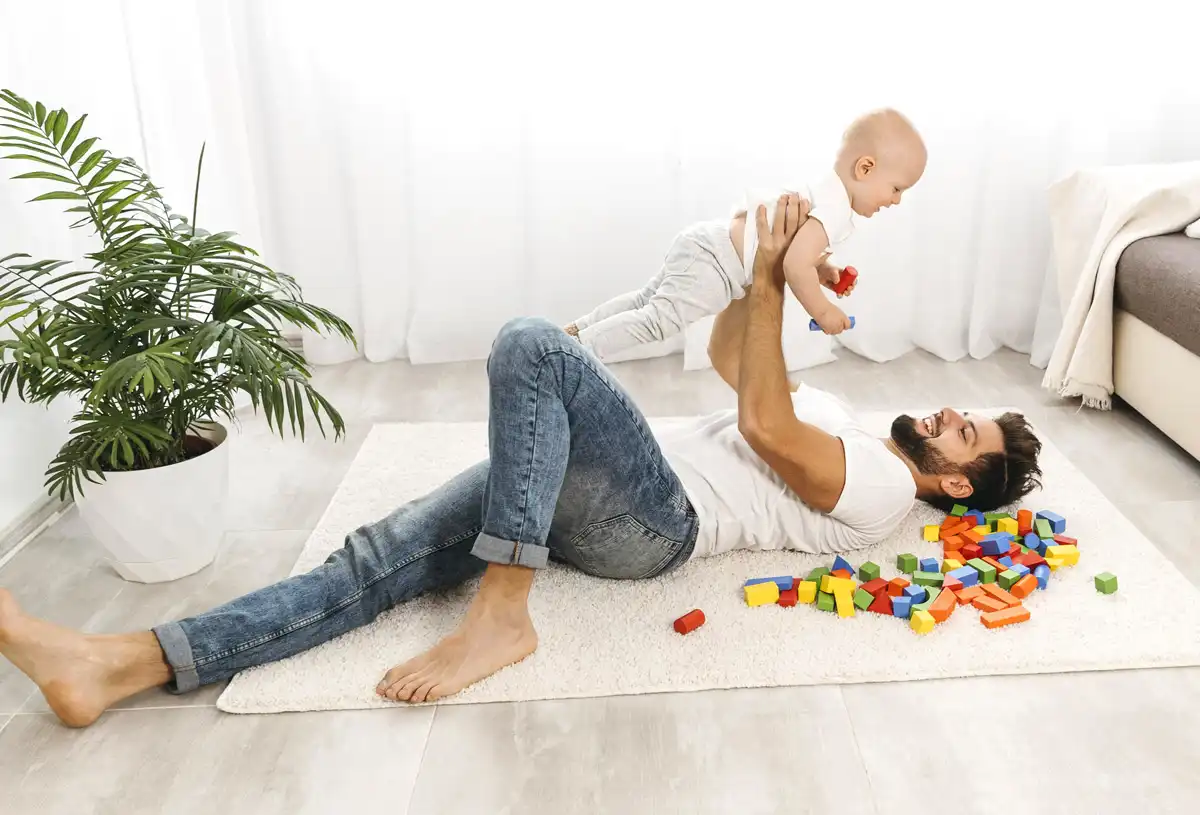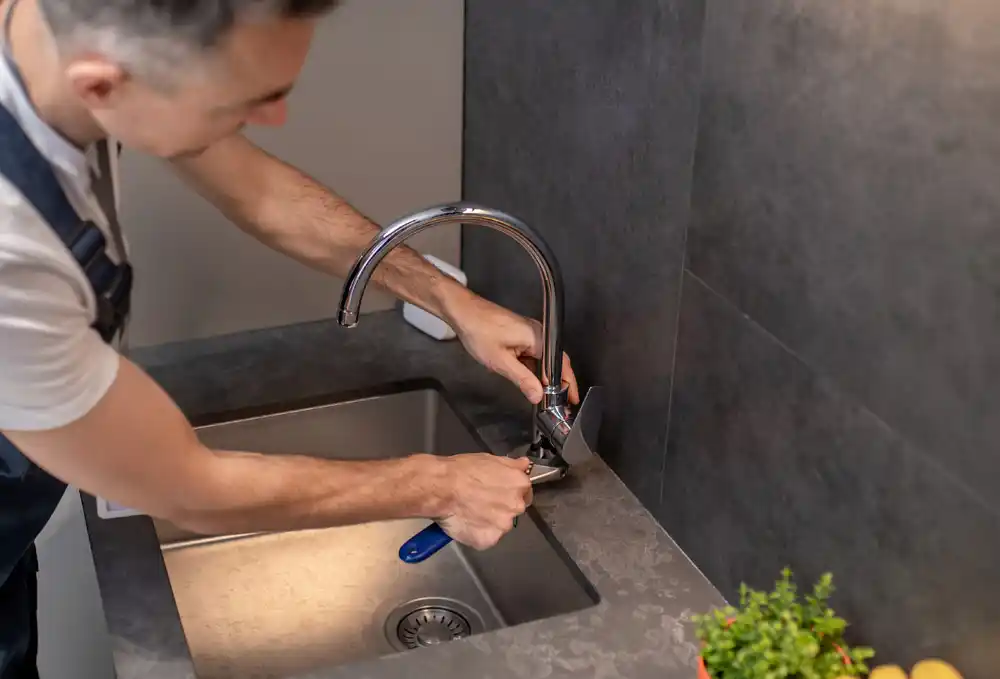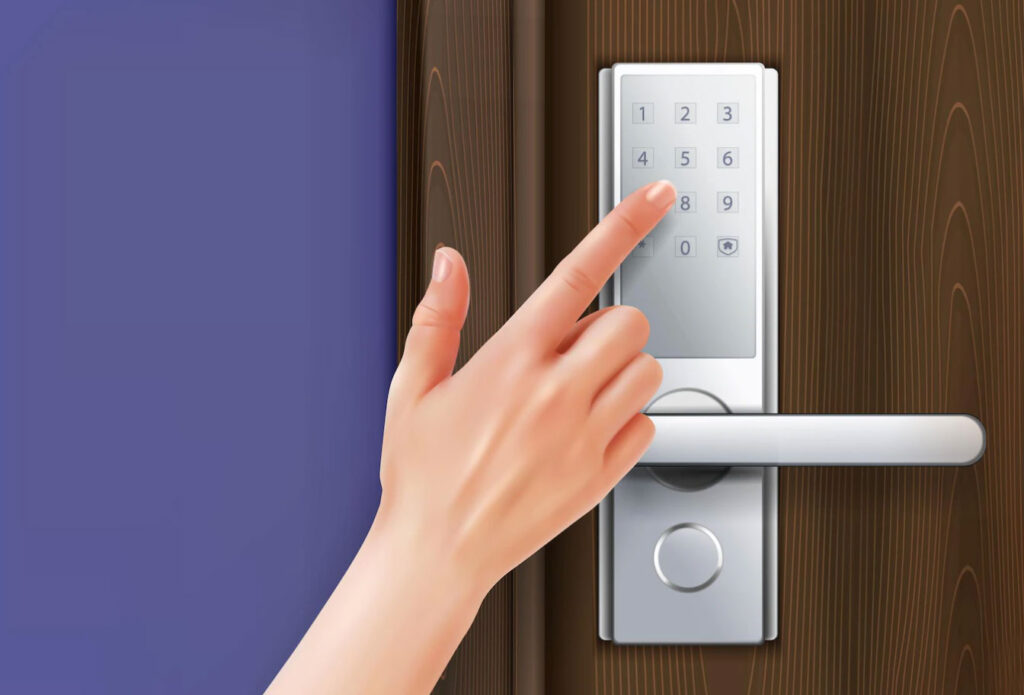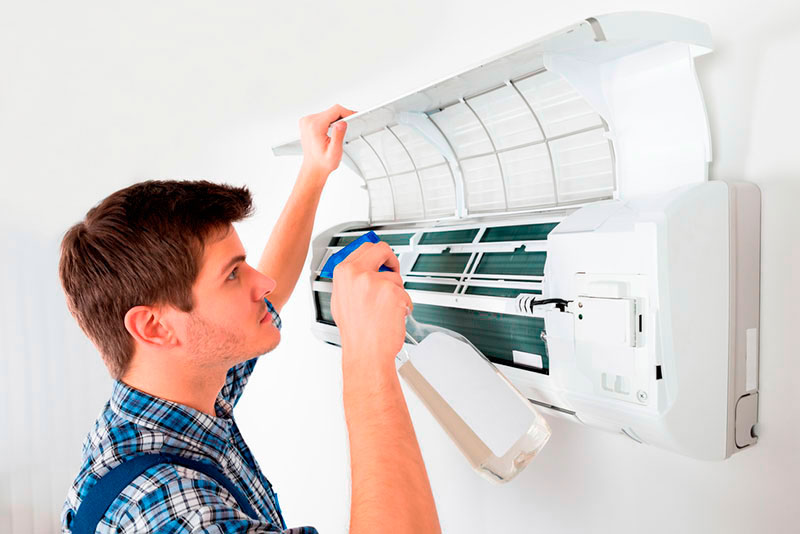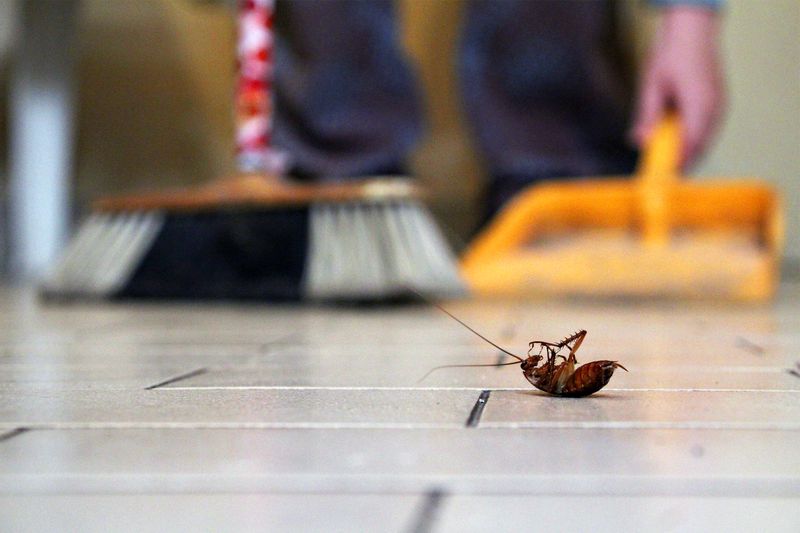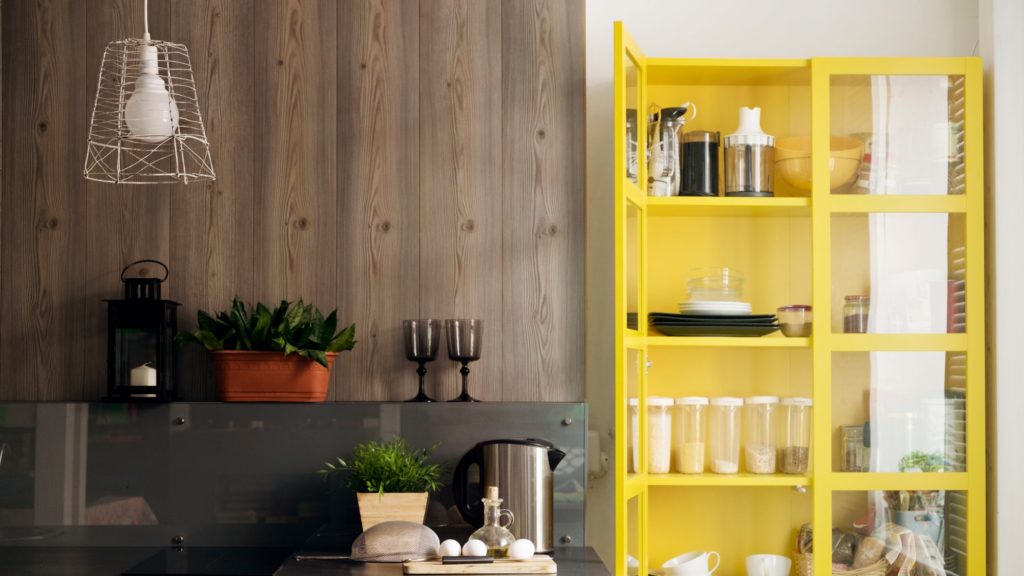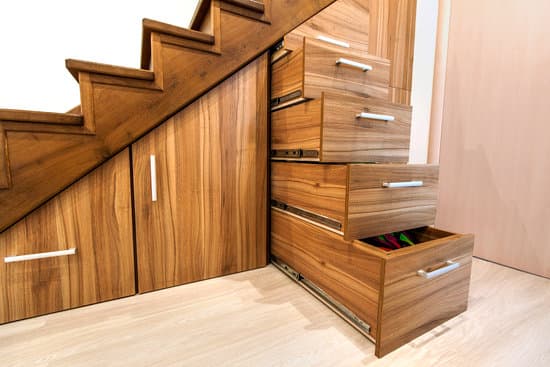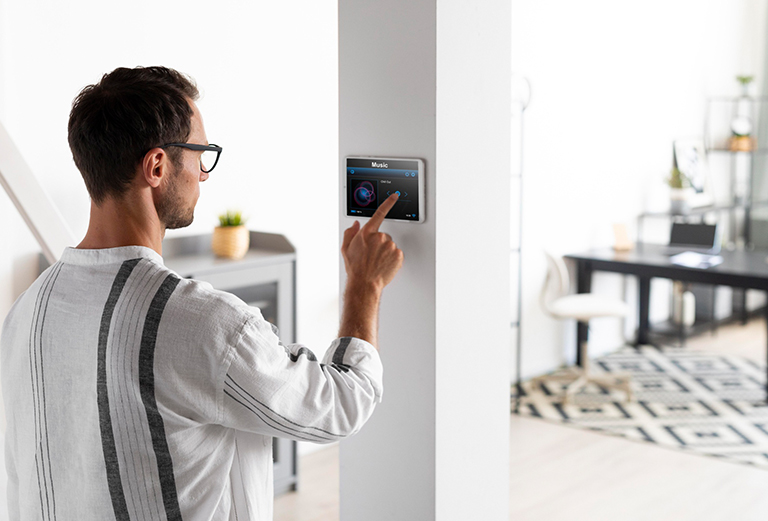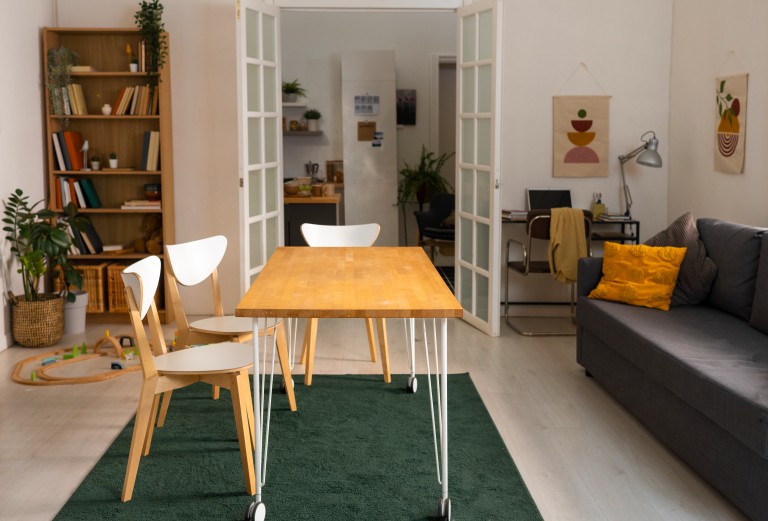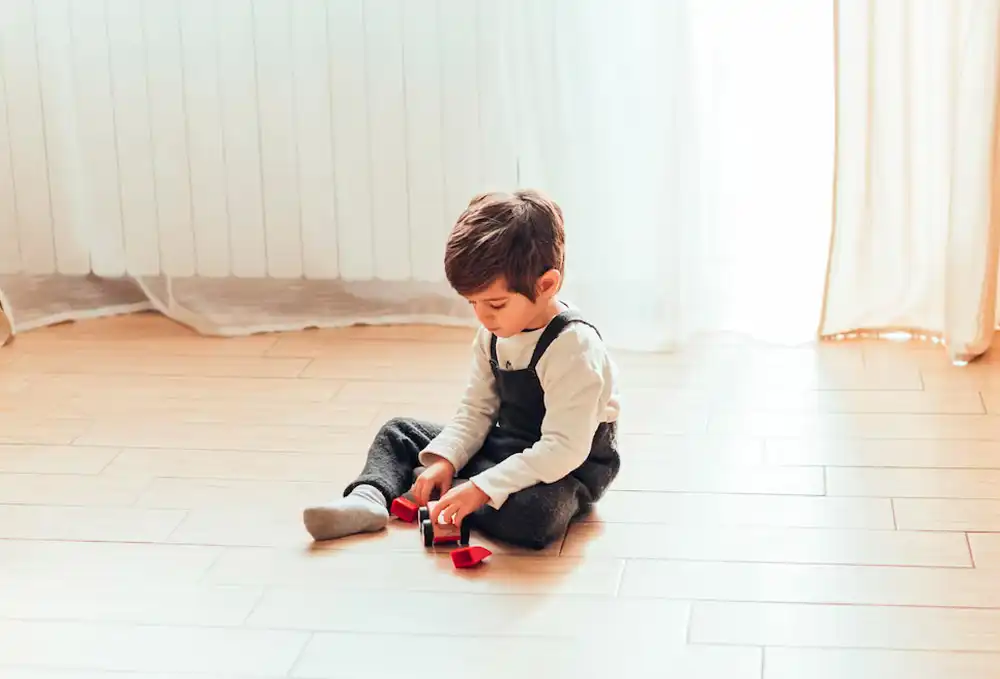
Safety of kids when you are away!
Home is where the heart is. Think of it the other way around. The heart is where your home is when you are away.
In this day and age, many cannot be full-time parents as they leave for work. 9 to 5 job and commuting hours keep them away from home. Life also demands that they travel for work or other reasons. The farther they go, the harder they long to come back home.
Staying away from home is compelling, especially for working parents. The word latchkey child emerged in the context. Consequently, there is a need to do all that to guard kids against harm. Forearmed is forewarned. As a result, street-smart children are growing up everywhere. They survive on their own. That’s the brighter side of the picture.
No parent can be lackadaisical. There is no compromise on the safety of children. This blog is a kind reminder of what a parent must take care of. More research is recommended to provide the best security for kids.
Childproof Your Home
Childproofing your home is another essential aspect of assuring the welfare of your children. Install safety gates, secure furniture and appliances, and cover receptacle covers. To prevent accidents and injuries, remove or secure dangerous objects. Even when you’re not there, a safe and well-organized living space will give you a peace of mind.
a. Safety Gates and Barriers
Installing safety gates at the top and bottom of the stairs and in high-risk areas like the kitchen may help keep inquisitive young children from wandering into harm’s way. Create secure zones for your kid to play in by erecting barriers around them.
b. Secure Furniture and Appliances
There is a serious danger of injury from furniture and equipment that are unstable. Bookcases, dressers, and other bulky pieces of furniture should be anchored or bracketed to the wall for stability. TVs and other electronic appliances should also be placed firmly.
c. Cover Receptacles and Electrical Cords
Little fingers might be tempted to poke and prod at electrical outlets. Protect yourself from electrical shock by covering or plugging exposed outlets. Cord organisers may help with this, as can keeping electrical cords out of your child’s reach.
d. Childproof Cabinets and Drawers
Kids are naturally curious, and for them, cupboards and drawers are like treasure troves. Keep cleaning materials and sharp objects out of reach of children by installing childproof locks and latches.
e. Eliminate Choking Hazards
Infants and young children often put things they find in their mouths. To avoid choking, keep buttons, coins, and tiny toys out of the reach of children. Check the flooring and play areas often for anything that might be swallowed.
f. Pad the edges and corners
Young toddlers who love to run and play should always be supervised around tables and other furniture with sharp corners or edges. Protect yourself and others from being injured by sharp corners and edges by using corner protectors and edge guards.
g. Safe Windows
Locking windows may avoid injuries from falls. For enhanced security, guards or safety nets should be installed on all windows above ground level.
h. Oversight and Instruction
Even if you’ve taken all the necessary steps to keep your kid safe, they still need to be supervised. Keep an eye on your kid, particularly in new environments. Teaching older kids how to be safe and responsible is essential.
i. Securing Bulky Objects
Make careful to securely tie any large or heavy items, such as televisions or bookcases, to the wall. It’s safer to store heavy things on lower shelves.
j. Preventing Poisoning
Put medicines, cleaning supplies, and other potentially dangerous items in lockable cabinets. Keep the number for the Poison Control Centre ready at all times.
k. Water Safety
Take particular care around any body of water, including pools, baths, and even huge buckets, since children are naturally attracted to water. Never leave your child unattended near water, and consider installing pool fences or safety covers.
Do more below to create a secure haven for your children
Intelligent Technology
In this era of advanced technology, we can use its power to protect our children. Invest in a dependable home security system with remote monitoring and surveillance cameras. With just a few touches on your smartphone, you can keep an eye on your children and the security of your household, regardless of your location.
Reliable Caregivers
Prioritize the selection of trustworthy caregivers if you entrust your children’s care to someone else while you’re abroad. Investigate prospective babysitters, caregivers, and creche facilities thoroughly. Seek recommendations, verify references, and conduct interviews to ensure your children are in the care of competent individuals.
Safety Rules
It is essential to educate your children on safety rules. Teach them not to open the door to strangers, not to give out personal information to unknown callers, and what to do in an emergency. The imparting of knowledge will inculcate a sense of responsibility and readiness.
Ready for Emergencies
Develop an emergency plan and discuss it with your children. Teach them how to summon emergency numbers and who to contact in the event that they require urgent assistance. As a result of role-playing a variety of scenarios, they will feel confident in their ability to handle unforeseen circumstances.
Building a Supportive Network
Create a solid support network of friends, family, and neighbours who can provide assistance when necessary. Having trustworthy individuals on whom you can rely in times of emergency or unexpected occurrences will provide an added layer of protection for your children.
Virtual Connection
Maintaining a virtual connection with your children while you are away can be reassuring for both you and them. Schedule routine video calls to communicate. Even when you are physically apart, your virtual presence can reassure them and make them feel connected.
Encourage Safe Activities
When you’re not around, encourage your children to engage in safe and constructive activities. Provide them with toys, literature, and diversions that are appropriate for their age to keep them occupied. Enrol them in extracurricular activities or classes that foster their interests and abilities.






